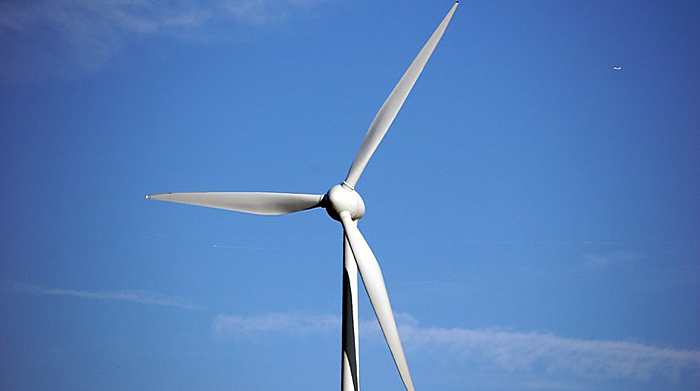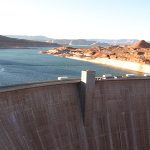Could the Future be Plagued with Energy Droughts?

Image courtesy of Ian Munroe courtesy of Flickr under creative commons license, resized to 700 x 391 pixels.
Beware of energy droughts in the decades to come. That’s the message being communicated by Upmanu Lall, a professor at Columbia Engineering and the Columbia Climate School. But what exactly is an energy drought, and why is it something to worry about?
What are Energy Droughts, and Why are They Problematic?
Professor Lall’s background is in sustainable water use, but in recent years he has shifted his attention to sustainable renewables in the push toward net-zero carbon emissions. His rationale for sounding the alarm relates to the impending explosion in the development of renewable energy sources. Simply put, the availability of the “fuel” for clean energy sources is much more volatile than it is for fossil fuels.
According to Lall, wind and solar patterns or potential can change over time – from week to week, month to month and year to year. His most recent findings come from a study he conducted within the state of Texas, the state which is the largest generator of wind power and the fifth-largest solar power producer.
The study analyzed 7 decades of weather data, utilizing artificial intelligence to predict probabilities and frequencies of potential energy droughts. Lall found that over a 10-year period, renewable energy “potential” can rise or fall by a whopping 30% depending on the season. Overall, the study concluded that daily energy droughts would result if just 33% of future generation days are ‘low-production’ days.
The key takeaway is that managing this potential volatility and the related impact on reliability will require utilities to: (1) dramatically increase the capacity of clean energy sources, and/or (2) come up with better ways to store electricity.
Clearly, dealing with this issue is going to be easier said than done. We’ll get there, but it may take a few decades. In the meantime, electric utilities would be wise to add the risk of energy droughts to their emergency preparedness efforts.



